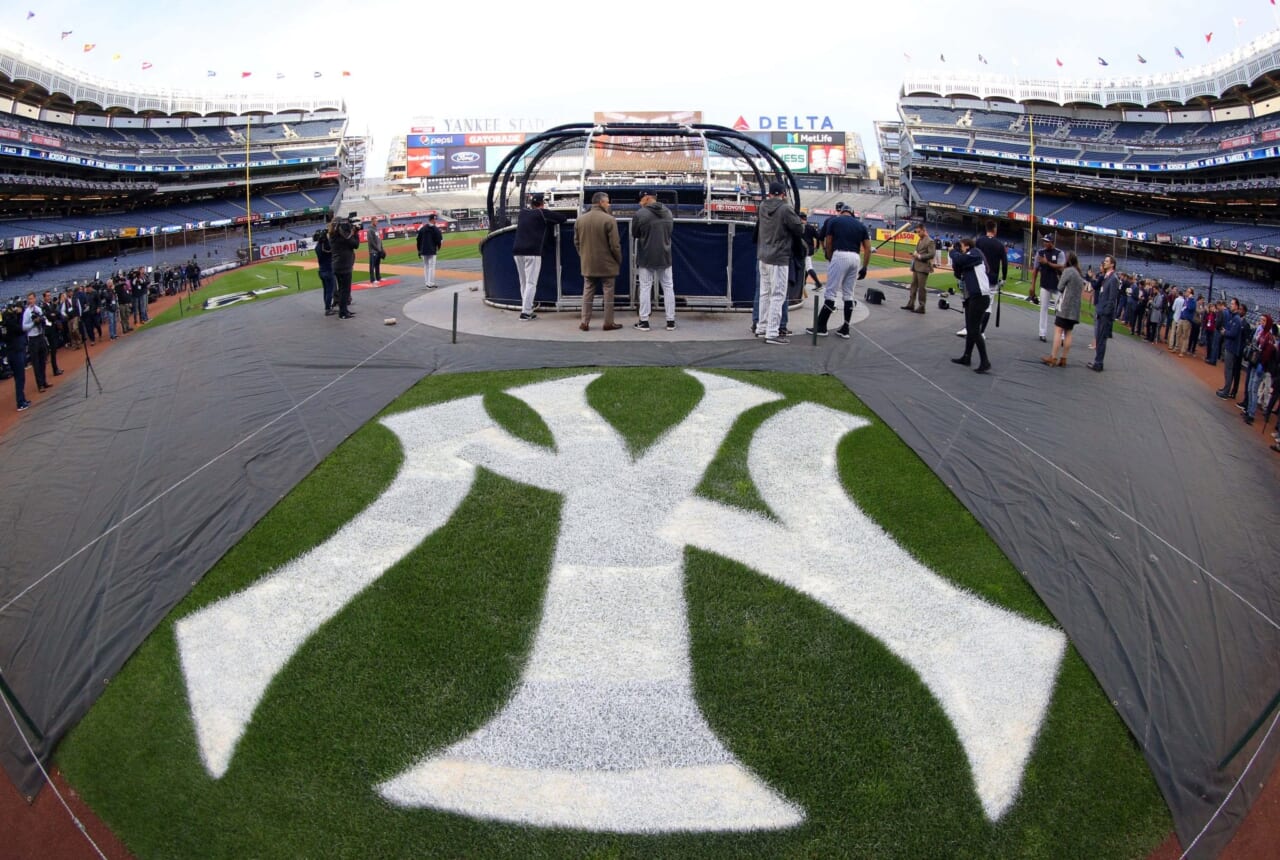
One of the resumption plans that Major League Baseball is pondering is one where teams play games in empty stadiums to adhere to the social distancing rules put in place to stem the spread of the Coronavirus.
While this idea is gaining some traction as summer nears, it is far from a perfect world. The games will be televised and some revenue will be recouped but for both the haves and have-nots of the game, they will still not see a good chunk of their normal revenue.
The New York Yankees have the most to lose, approximately $470 million in stadium revenue according to Michael Ozanian of Forbes SportsMoney. The Mets stand to lose $161 million.
Those figures are derived from “the sum of tickets, concessions, sponsors, parking and team stores, minus stadium debt service”, all which would be lost should the empty stadium plan go forward.
“The loss of stadium revenue would necessitate a radical change in baseball’s revenue-sharing formula, whereby 48% of net local revenue from the previous season is pooled and shared equally among the 30 teams,” writes Ozanian. “The challenge for the league if this stadium revenue is lost is that much of this money is used for more than just paying players at the major league level. Rather, it’s often used for all kinds of operational needs, like staffing, the minor leagues, scouting and debt. In other words, the money is fungible.”
Not only will the top teams suffer but the bottom teams as well. The top five revenue earning teams – the Yankees, Boston Red Sox, Chicago Cubs, Los Angeles Dodgers and the San Francisco Giants – contributed more than $250 million combined toward the revenue sharing pool.
If that revenue disintegrates, many teams on the bottom half of the revenue sharing pool will get little to nothing. The poor will get poorer. Last season, the Miami Marlins, Tampa Bay Rays, Kansas City Royals, Pittsburgh Pirates and Cincinnati Reds each received more than $20 million from the pool.
Ozanian mentions that many sponsors who have already committed to advertise would likely not terminate their agreements with teams but rather have those funds rolled over until games were being played in front of audiences again.
Fans, however, do not feel the same way. Some who bought tickets for postponed games are taking legal action over ‘expensive and unusable tickets for unplayable games’ as stated in a lawsuit filed Monday in U.S. District Court in Los Angeles.
“Baseball fans are stuck with expensive and unusable tickets for unplayable games in the midst of this economic crisis,†the lawsuit said. “Under the pretext of `postponing’ games, at the directive of MLB, teams and ticket merchants are refusing to issue refunds for games which are not going to be played as scheduled — if ever.â€
I personally bought a 20-game ticket package for the Mets this season worth over $8,600 and have not heard anything from the club other than that nothing has been decided upon yet when it comes to refunds or credits.
Being a former vice president in a Fortune 500 corporation I understand their position. Thus far, I’ve only lost two games of the 18 and am willing to wait for the Mets and MLB to sort this out drrung this time of such social and economic uncertainty.
Others don’t have this luxury, however, and want their money back now. This will work itself out over time as the response to the pandemic shifts. How long that will take is still very much unknown.